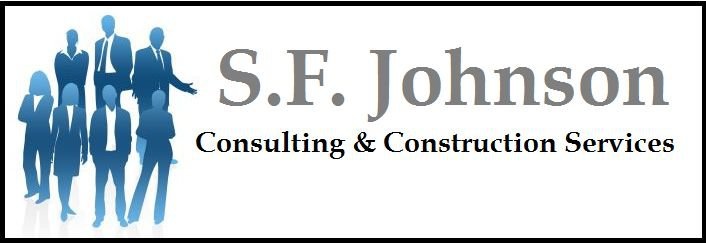1-Hour Course: Project Management Principles
Course Overview
This quick-start course introduces the essential principles of project management in the construction industry. It's perfect for new leads, supervisors, and emerging PMs in trades like HVAC, Electrical, and General Contracting.
Learning Objectives
- Define the primary responsibilities of a Project Manager
- Set clear project goals and scope
- Create a realistic project schedule using work packages
- Track costs, identify risks, and manage stakeholders
- Lead effective teams and ensure project success
Lesson Modules
1. PM Roles & Responsibilities (10 min)
Project Managers lead the project from pre-construction through closeout. Their core duties include planning the work, organizing resources, leading the team, managing risk, and closing out the job successfully. A good PM:
- Creates a roadmap using contracts, specs, and drawings
- Tracks manpower, materials, and deadlines
- Communicates with subcontractors, owners, and inspectors
- Ensures safety compliance and quality control
2. Defining Scope & Objectives (10 min)
Clearly defining the project scope ensures everyone is working toward the same result. The scope should describe:
- The deliverables (what will be built)
- What’s included vs excluded (clarifying gray areas)
- Milestones and key dates
- Customer expectations and constraints
Use the scope statement to align internal teams and clients and avoid disputes later.
3. Scheduling with Work Packages (15 min)
Break the job into phases such as demolition, rough-in, trim-out, etc. Each work package should have:
- A defined start/end date
- Assigned crews or subcontractors
- Required materials or approvals
- Dependencies (e.g. electrical rough-in follows framing)
This structure helps track progress, manage manpower, and flag delays early.
4. Budget & Cost Control (10 min)
PMs must protect the budget by:
- Reviewing estimates and unit pricing before the job starts
- Tracking actual costs vs budget weekly
- Logging change orders promptly
- Preventing scope creep and overtime waste
Use job cost reports and forecasting tools to stay ahead of overages.
5. Managing Teams & Communication (10 min)
Success depends on strong coordination. PMs should:
- Issue daily field reports and weekly updates
- Use RFIs, submittals, and meeting logs to manage decisions
- Schedule toolbox talks and safety walks
- Hold subcontractor coordination meetings
Clear communication prevents delays and keeps everyone aligned.
6. Closeout & Post-Job Review (5 min)
Closeout is where final deliverables are handed off and lessons are documented. This phase includes:
- Final inspections and punch list completion
- Collecting O&Ms, warranties, and as-builts
- Conducting a project debrief to capture lessons learned
- Archiving documents and issuing final invoices
Finishing strong builds client trust and improves future jobs.
Downloadable Resources
